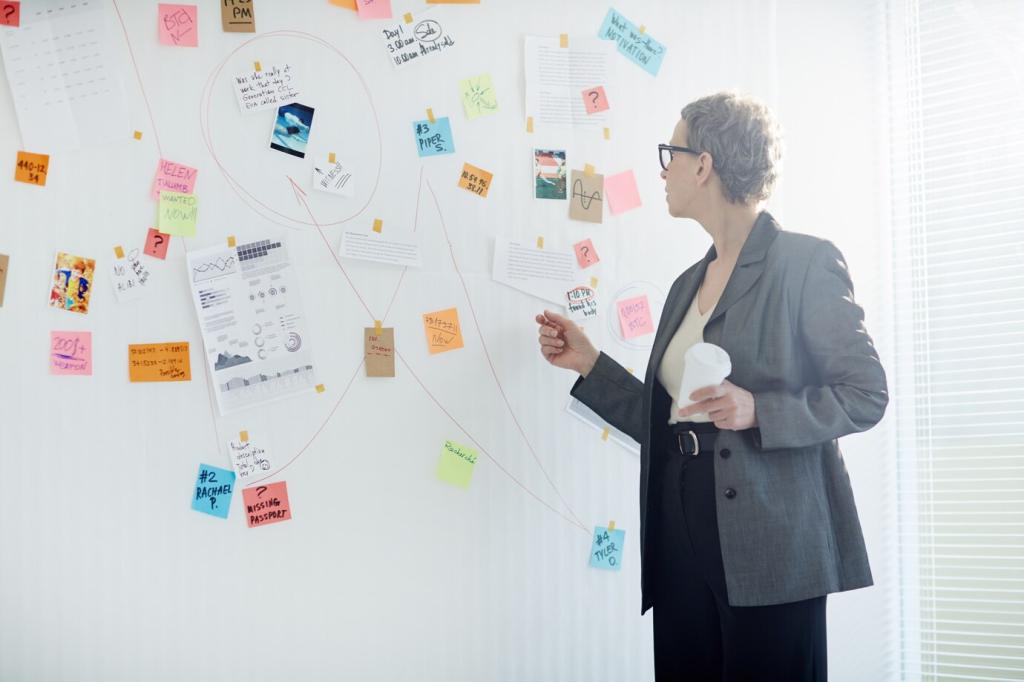The Psychological Benefits of a Tidy Workspace
A tidy workspace is much more than just an organized collection of office supplies or an empty desk. It serves as a foundation for mental clarity, well-being, and productivity. The act of maintaining cleanliness and order in one’s environment has profound effects on the mind, influencing emotions, focus, and even motivation. In both professional and personal contexts, the state of your workspace can have a significant impact on your psychological health, fueling creativity, reducing anxiety, and fostering a sense of control. This exploration will delve into the powerful psychological advantages that come with maintaining a tidy workspace.
Reduced Stress and Anxiety
Clutter is not merely a visual distraction; it actively taxes our mental resources. Studies have revealed that disorder in one’s environment can elevate cortisol levels, the stress hormone, contributing to persistent feelings of anxiety. When you walk into a messy workspace, your brain processes every visible object as a task that needs attention, leading to cognitive overload. This sense of overload can make even the smallest assignments feel insurmountable. In contrast, a tidy space signals order and completion, enabling the mind to rest, reset, and focus effectively.

Previous
Next
Enhanced Focus and Productivity
A workspace free from clutter naturally limits visual and mental distractions. Each item within view can act as a subtle interruption, drawing attention away from the task at hand. By minimizing these cues, a tidy environment helps the mind maintain a single point of focus, essential for achieving states of deep work. This ability to concentrate deeply leads not only to quicker task completion but also higher quality output, allowing creativity and critical thinking to flourish unimpeded.
Nurturing Creativity and Inspiration
Clearing Space for New Ideas
A cluttered workspace often harbors outdated projects and forgotten to-dos, which can hold creative energy hostage. By eliminating these remnants of the past, you metaphorically—and literally—make space for new thoughts and ideas to flourish. The absence of disorder lifts a psychological weight, freeing your mind to look forward rather than backward. This sense of openness encourages playful exploration, risk-taking, and the synthesis of disparate ideas, all key ingredients for genuine creativity and out-of-the-box thinking.
Environmental Cues and Inspiration
The physical makeup of a workspace exerts powerful subtle influences on the mind. Clean surfaces, intentional decor, and carefully curated materials send cues that the space is ready for inspiration. Just as a blank sheet of paper invites drawing, a tidy workspace suggests possibility and readiness for creation. This environment fosters micro-moments of inspiration that accumulate, turning an ordinary desk into a launchpad for inventive ideas and breakthrough solutions. These cues also assure your subconscious that creativity is valued and nurtured, sustaining a more innovative mindset over time.
Cultivating a Mindset for Innovation
Order in the workspace has a direct effect on cultivating a growth-oriented, innovative mindset. When distractions are minimized and necessary resources are accessible, the mind is more likely to engage in complex problem-solving and experimentation. A tidy desk creates an atmosphere where the daunting becomes doable and small wins pave the way for bigger breakthroughs. This mindset shift, supported by environmental clarity, encourages you to view challenges not as obstacles but as opportunities for imaginative solutions and personal growth.
